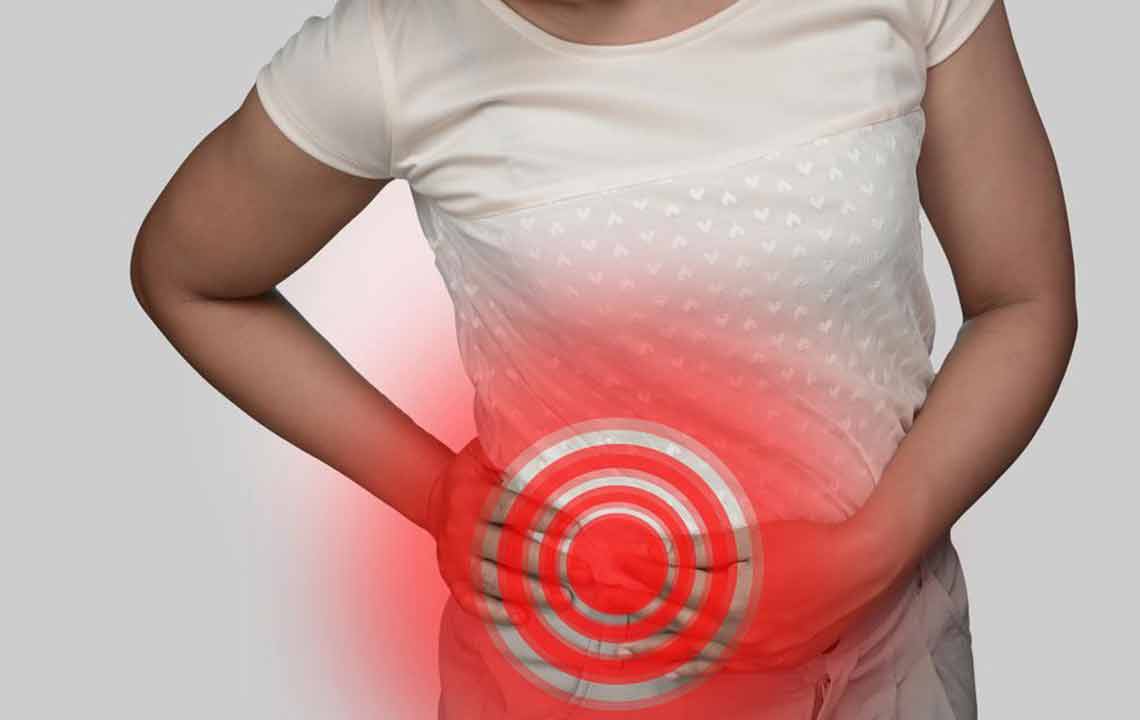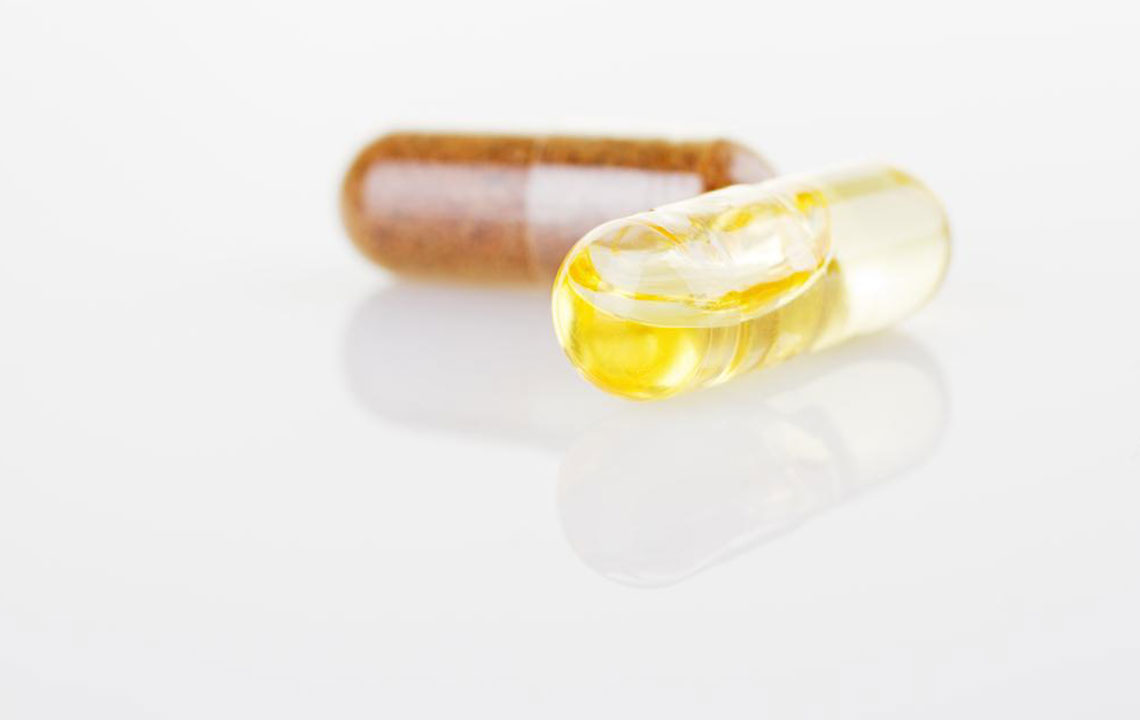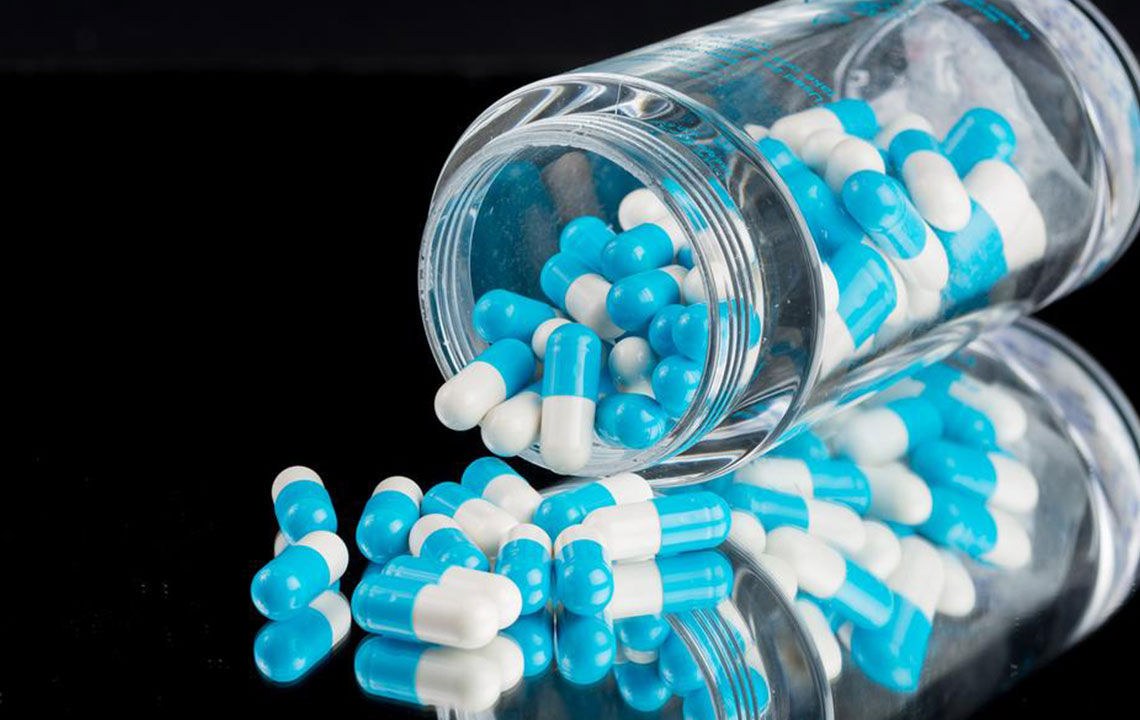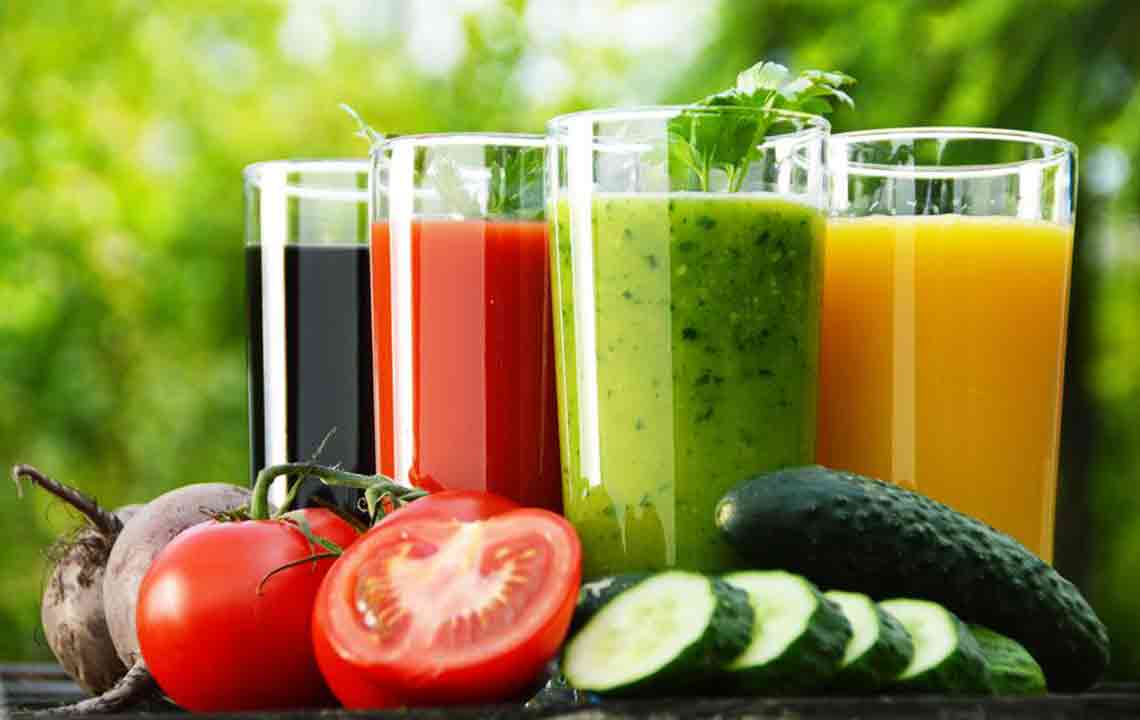Dietary Approaches to Support Kidney Function Improvement
Effective dietary management is crucial for supporting kidney health and preventing disease progression. This article offers practical tips on limiting salt, potassium, phosphorus, and protein intake, along with suitable food choices. Customized nutrition plans prescribed by healthcare providers can slow renal deterioration and improve quality of life. Early symptom recognition and regular medical consultation are vital for maintaining kidney function and avoiding severe complications. Prioritizing kidney-friendly foods and habits can significantly enhance health outcomes for those with renal concerns.

Dietary Approaches to Support Kidney Function Improvement
For individuals with compromised kidney health or existing renal conditions, managing your diet and daily habits is essential to slow disease progression. Your healthcare provider can design a tailored nutrition plan with specific guidelines to protect your kidneys. Recognizing early symptoms of chronic kidney issues, such as nausea, fatigue, appetite loss, swelling, muscle cramps, breathing difficulty, high blood pressure, and urinary changes, is critical for timely intervention. Early detection can lead to better management and improved prognosis.
Early symptom recognition and medical consultation are key to avoiding severe health problems and invasive treatments. Healthcare professionals can identify issues early and recommend appropriate therapies alongside dietary modifications.
The main factors contributing to kidney damage include:
Hypertension
Diabetes mellitus
Inflammation of renal tubules
Inherited conditions
Kidney infections and tumors
Lifestyle habits such as inactivity and low fluid intake
Nutrition for Kidney Support:
This dietary plan focuses on limiting intake of potassium, phosphorus, and sodium to aid kidney function and prevent further harm. Maintaining a balanced diet also helps prevent related health issues like obesity and metabolic disorders.
1) Cut Down on Salt and Sodium
While sodium is necessary, excess levels can increase blood pressure and cause fluid buildup. Avoid processed foods, canned goods, and snacks high in salt to reduce stress on your kidneys and cardiovascular system.
2) Control High-Potassium Foods
Though important, too much potassium can put strain on your heart and kidneys. Limit consumption of foods like spinach, legumes, potatoes, and salty snacks such as chips.
3) Moderate Protein Intake
Limiting protein, especially from animal sources and dairy, can lessen kidney workload during all disease stages, preventing further damage.
4) Manage Fluid Consumption
In addition to dietary considerations, regulate your fluid intake, including alcohol, which can harm liver, heart, and kidney functions. Your doctor will advise appropriate fluid levels based on your condition.
5) Reduce Phosphorus Levels Lower phosphorus intake helps maintain blood vessel integrity and supports kidney health. Excess phosphorus may cause bone weakness and impair renal function.
Including suitable foods in your diet is vital for kidney health. Your healthcare team can recommend specific quantities and combinations, such as:
Fruits: Apples, blueberries, strawberries, grapes, pineapples, pears, cherries, peaches—consume according to your dietitian’s advice.
Vegetables: Beets, corn, cabbage, cucumbers, lettuce, onions, broccoli, turnips are beneficial options.
Grains and Snacks: Choose multigrain bread, brown rice, cereals, and unsalted snacks like popcorn and pretzels to promote kidney health.
Work closely with your healthcare team to personalize your diet, exploring recipes that are both tasty and kidney-friendly. Healthy eating habits can help prevent serious complications such as cardiovascular diseases, pulmonary issues, anemia, fertility problems, and pregnancy risks. Regular check-ups ensure proper nutrition and overall well-being.


